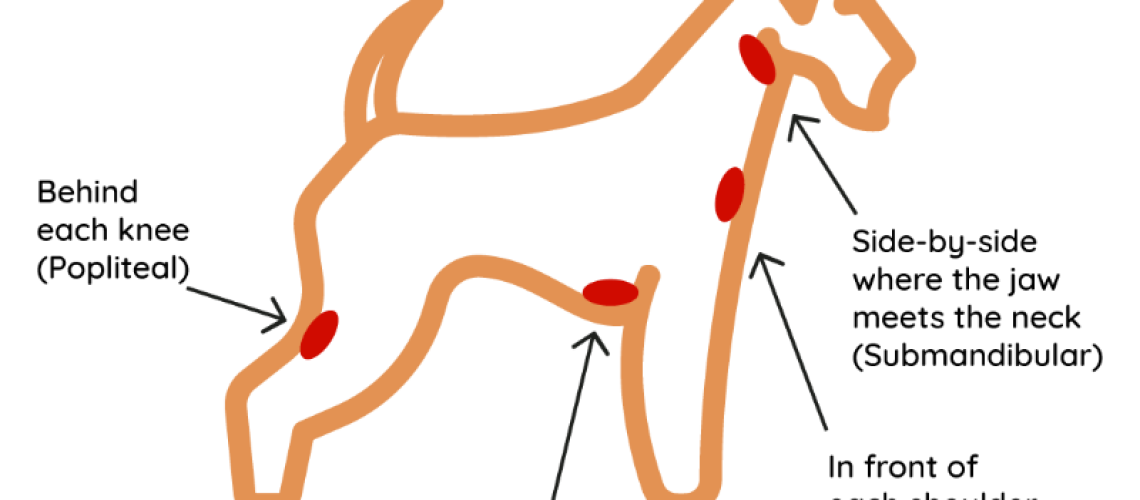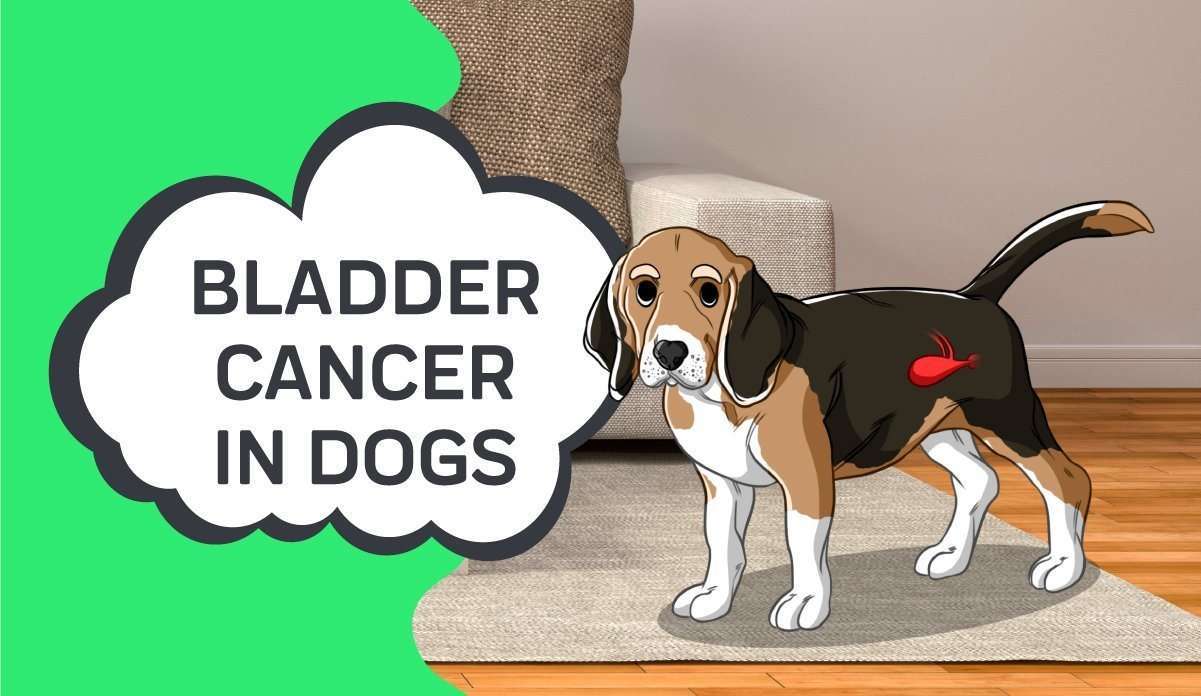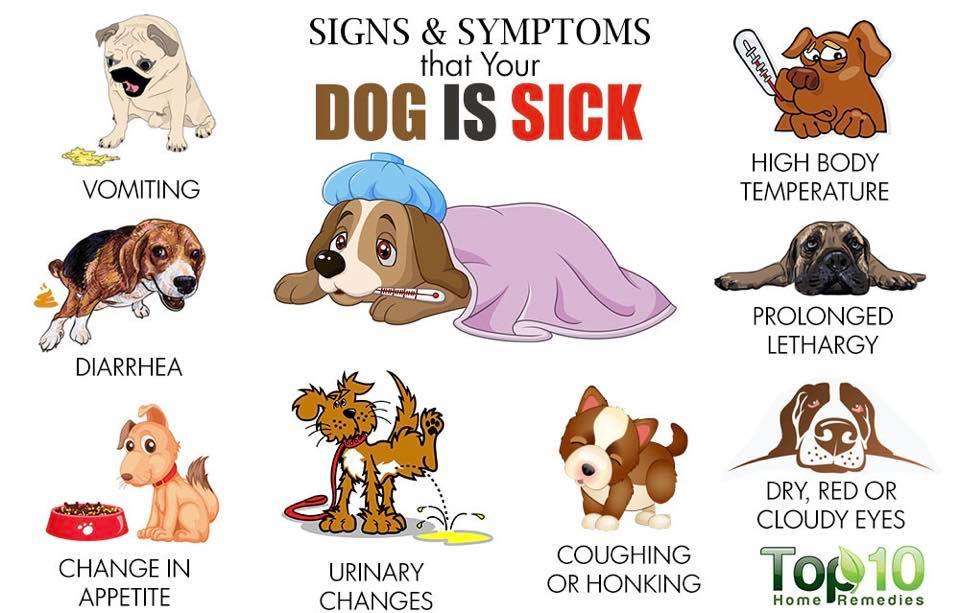Key Takeaways:
- Swollen lymph nodes in dogs can be a sign of infection or inflammation.
- Common causes of swollen lymph nodes in dogs include bacterial or viral infections, immune system disorders, and cancer.
- It is important to have a veterinarian examine your dog if you notice swollen lymph nodes, as they can help determine the underlying cause and provide appropriate treatment.
- In some cases, swollen lymph nodes may be accompanied by other symptoms such as fever, loss of appetite, or lethargy.
- Early detection and prompt treatment of the underlying cause can improve the prognosis for dogs with swollen lymph nodes.
Are you a dog lover? Do you want to ensure the health and well-being of your furry friend? Then understanding the topic of swollen lymph nodes in dogs is essential for you. Swollen lymph nodes may seem like a minor concern, but they can actually be indicators of serious underlying health issues. By delving into this subject, you will not only gain valuable knowledge about your dog's health, but also learn how to identify potential problems early on. In fact, did you know that swollen lymph nodes are one of the most common signs of canine cancer? But don't worry, with the right information and awareness, you can take proactive steps to keep your four-legged companion healthy and happy. So let's dive into the world of swollen lymph nodes in dogs and discover how we can be their best advocates for a long and joyful life together!
Understanding Swollen Lymph Nodes in Dogs
What are lymph nodes?
Lymph nodes are small, bean-shaped structures that play a vital role in a dog's immune system. They act as filters, trapping harmful substances like bacteria and viruses before they can spread throughout the body. Lymph nodes contain white blood cells that help fight off infections and keep your dog healthy.
What does it mean when lymph nodes are swollen?
When your dog's lymph nodes become swollen, it usually indicates an underlying problem. Swelling can occur in one or multiple lymph nodes and is often a sign that the immune system is actively fighting an infection or disease. It's important to note that swollen lymph nodes themselves are not a diagnosis but rather a symptom of an underlying issue.
Spotting Swollen Lymph Nodes in Your Dog
Where can you find lymph nodes on your dog?
Lymph nodes are located throughout your dog's body, but there are certain areas where they are more easily felt. Common locations include the neck, armpits, groin, and behind the knees. By gently running your hands over these areas during regular grooming or petting sessions, you may be able to detect any swelling or enlargement.
How do swollen lymph nodes feel?
Swollen lymph nodes may feel like small round bumps under your dog's skin. They can range in size from pea-sized to larger than a marble. Normally, lymph nodes are barely noticeable, but when they become enlarged due to swelling, you may be able to feel them more easily.
Common Causes of Swollen Lymph Nodes in Dogs
Infections
Infections caused by bacteria, viruses, or fungi can lead to swollen lymph nodes in dogs. Common examples include respiratory infections, skin infections, and tick-borne diseases like Lyme disease. In these cases, the lymph nodes are working hard to fight off the infection, resulting in swelling.
Cancer
Unfortunately, cancer can also cause swollen lymph nodes in dogs. Lymphoma is a type of cancer that affects the lymphatic system and often leads to enlarged lymph nodes. Other types of cancer can also spread to the lymph nodes, causing them to become swollen.
The Importance of Addressing Swollen Lymph Nodes in Dogs
Swollen lymph nodes should never be ignored because they often indicate an underlying health issue that needs attention. Identifying the cause of the swelling is crucial for proper diagnosis and treatment. Ignoring swollen lymph nodes can lead to complications and potentially worsen your dog's condition.
If left untreated, certain infections or cancers can spread throughout your dog's body, causing further damage to organs and tissues. Early detection and intervention increase the chances of successful treatment and a positive outcome for your furry friend.
What to Do If You Notice Swollen Lymph Nodes on Your Dog
If you notice swollen lymph nodes on your dog, it's essential to consult with your veterinarian promptly. They will perform a thorough examination and may recommend additional tests such as blood work or imaging to determine the underlying cause of the swelling.
During this process, it's important not to jump to conclusions or panic. While swollen lymph nodes can be concerning, they do not always indicate a life-threatening condition. Your veterinarian will guide you through the diagnostic process and discuss appropriate treatment options based on their findings.
Diagnosing and Treating Swollen Lymph Nodes in Dogs: Insights from Veterinarians
Determining the cause of swollen lymph nodes requires a comprehensive approach by veterinary professionals. Depending on the suspected underlying issue, diagnostic tests may include blood tests, fine-needle aspiration, or biopsies. These tests help identify infections, cancers, or other conditions that may be affecting your dog's lymph nodes.
Treatment options vary depending on the specific diagnosis. Infections may require antibiotics or antifungal medications, while cancer treatments can include surgery, chemotherapy, or radiation therapy. Your veterinarian will tailor the treatment plan to address your dog's individual needs and provide the best chance of recovery.
Remember, as a pet owner, you play a crucial role in your dog's health. By staying vigilant and seeking veterinary care when needed, you can ensure that any issues with swollen lymph nodes are addressed promptly and effectively.
In conclusion, swollen lymph nodes in dogs can be a sign of an underlying health issue. It is important for dog owners to seek veterinary care if they notice any swelling or changes in their dog's lymph nodes to ensure proper diagnosis and treatment.
Should I be worried if my dogs lymph nodes are swollen?
To sum up, dogs can develop swollen lymph nodes, also known as lymphadenopathy, due to various factors, such as infections or cancer. It is crucial to take your dog to a veterinarian to identify the underlying cause and start the necessary treatment.
Are all swollen lymph nodes cancerous in dogs?
Lymphoma is not the only possible cause of enlarged lymph nodes in dogs. Infections or autoimmune diseases can also lead to this condition, so your veterinarian will conduct tests to identify the underlying cause of your dog's symptoms.
Will swollen lymph nodes go away on their own in dogs?
The treatment of swollen lymph nodes in dogs depends on the root cause of the condition. In certain instances, the swelling may go away on its own after addressing the underlying issue. However, in other cases, more intensive treatment may be required.
What are the first signs of lymphoma in dogs?
The primary sign of multicentric lymphoma in dogs is the presence of firm, enlarged lymph nodes that do not cause pain. When a dog has lymphoma, a lymph node will feel like a solid, rubbery lump beneath the skin.
How do you treat a dog's swollen lymph nodes?
Treatment options for lymph node enlargement can vary depending on the underlying cause. Medications like steroids, anti-inflammatories, antibiotics, anti-parasitics, and even chemotherapy may be prescribed. In some cases, surgery or radiation may be recommended, particularly for localized low-grade lymphomas.
What helps swollen lymph nodes in dogs at home?
While there are no home remedies for swollen lymph nodes in pets, there are measures you can take to ensure your pet's comfort during their recovery. It is important to follow your veterinarian's instructions, as advised by Dr. McCullough.

















